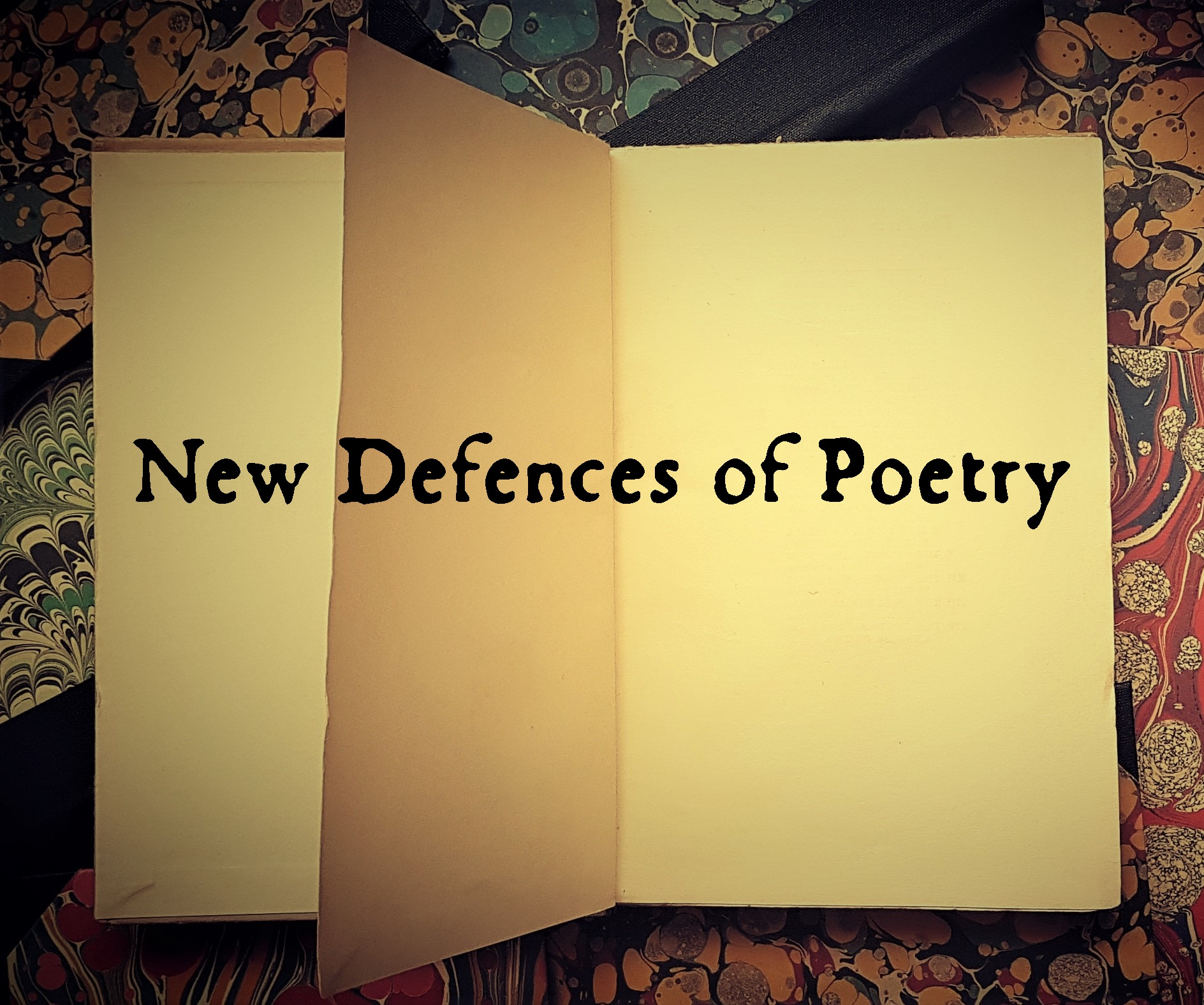Angi Holden
“Poets are… the mirrors of the gigantic shadows which futurity casts upon the present. Poets are the unacknowledged legislators of the world.”
Percy Bysshe Shelley, ‘A Defence of Poetry’
It is a Saturday morning in late Spring, somewhere in the suburbs of North-west London. The year is 1971. A dual carriageway carries traffic from the village – a few shops, a pub, a church – towards the busy A40, crossing a small but fast-flowing river where a group of teenagers are huddled, deep in discussion. They are awaiting the arrival of the botany teacher from their school, a small, fierce Welsh woman with a passion for environmental issues who has gathered them together in a school society called The Ecology Group.
For the next three hours they will scour the river banks, collecting the cans and bottles, crisp packets and old trainers that have caught in the reeds where the current is slower and the overhanging trees create natural nets. They will ignore the old man who tells them they’re wasting their time, that it’ll be just as bad next week. At the end of their litter-pick – for such is the label the local newspaper applies to their efforts – a reporter and photographer pitch up.
The article in the following week’s edition catches the eye of a student at the local university, who offers them a stand at the forthcoming Science Fair. Having negotiated permission to miss double athletics, they spend a Wednesday afternoon on the nearby campus explaining the term “ecology” to undergrads several years older than they are, offering convincing arguments in defence of the environment.
They worry about the impact of burning fossil fuels, and talk passionately about the consumption of non-renewable resources. And yet they are full of hope for the future. These same teenagers are the core of the Creative Writing Group (with the help of their newly qualified English teacher they negotiate a further afternoon off sport to print the school literary journal) and they pour their particular mixture of angst and optimism into reams of poetry and prose.
One wins a national literary competition for a poem which discusses the possibility of a climate crisis. Another secures a place at Oxford where she goes on to study English Literature. Another goes to York to study mathematics, but drops out; after qualifying as an accountant and raising a family (two of her children will win writing awards; one will become an environmental engineer) she completes a creative writing doctorate and becomes an award-winning poet and university lecturer.
All of their lives they will carry the experiences of their sixth form. From the botany teacher they have learned about the importance of protecting their environment. From the idealistic young English teacher they have developed the skills necessary to articulate their arguments. They will always scatter ideas around them, precious seeds which may grow on.
For one or two, the practice of poetry will become core to their identity, defining who they are, what they do, who forms their friendship circles. For some, poetry will be a tool for raising awareness of ecological issues, and in particular for engaging young people (their own offspring, and other children placed in their care) in concern for the planet and its biodiversity. For others, poetry will be largely subsumed into the background noise of their lives until a poem shared decades earlier awakens memories and makes sense of unexpected connections. For one, listening to a twenty-two year old black woman address her nation on the occasion of her President’s inauguration, sudden tears will surface unbidden and with half-forgotten muscle memory he will write his first poem for more than forty years.
By the time they retire – these so-called Boomers – they’ve had careers in engineering and technology; in science and law; in teaching and medicine; in various aspects of management. They have carried environmental issues into planning meetings and conferences, into union meetings and boardrooms.
All the while the gigantic shadows of some unknown future – a future they talked about as they gathered rubbish from the riverbank, as they typeset the school magazine – have been cast across their days. And they have reflected back the spectrum of alternative outcomes, articulating their concerns and convictions with the belief and passion of the poets they were at seventeen.
Angi Holden is a retired lecturer, whose work includes award winning adult & children’s poetry, short stories & flash fictions, published in online and print anthologies. Her 2018 pamphlet Spools of Thread won the Mother’s Milk Pamphlet Prize.
